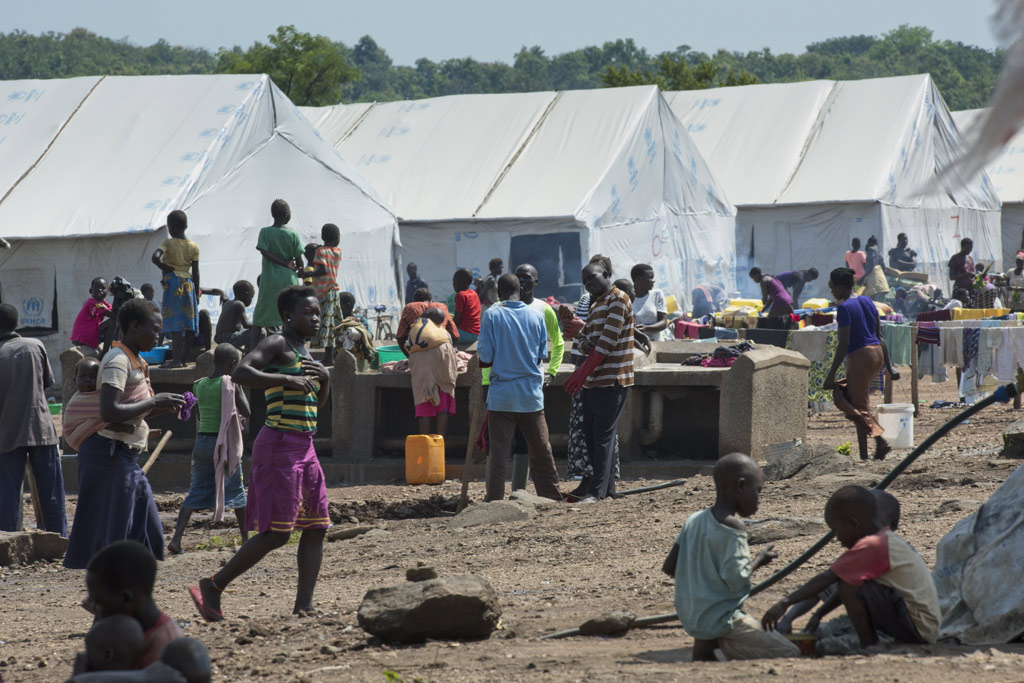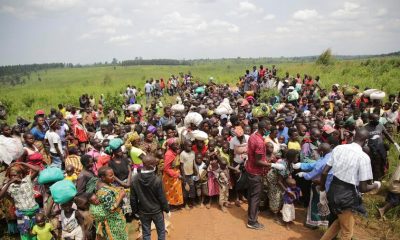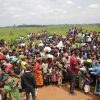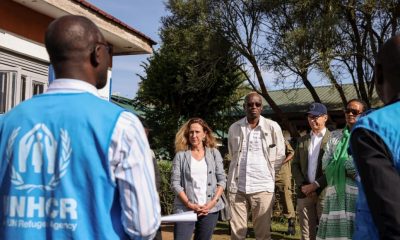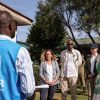The Minister of Relief, Disaster Preparedness, and Refugees, Mr. Hilary Onek, has sounded the alarm over the increasingly dire situation facing refugees in Ugandan settlements.
In a recent address, he asserted that the hardship faced by refugees due to recent food aid cuts has not only compromised their well-being but also led to rising tensions with host communities, sparking concerns about security and social cohesion.
The cut in food aid, which reduced rations by at least 30 percent, means that refugees in Uganda now receive only one meal a day, according to Mr. Onek.
This sharp reduction has pushed many refugees to the brink, forcing some to resort to criminal activities within their host communities as a means of survival.
“We now have challenges of keeping law and order. Managing refugees is becoming difficult because they don’t have food, so they are forced into criminality,” Mr. Onek stated. He further elaborated, “You find that they start stealing people’s property, food, and uprooting cassava and harvesting food in people’s gardens. They are provoking the communities into disliking having refugees around them.”
These revelations come at a time when Uganda has been grappling with a significant influx of refugees, particularly from the Democratic Republic of Congo (DRC). In February, an estimated 300,000 people fled violence in the DRC, seeking safety and shelter in Uganda.
ALSO READ: Refugee hosting communities to get internet connections
The strain on resources and the sudden increase in refugee numbers have exacerbated the challenges faced by both the refugees and their host communities.
The implications of this situation extend beyond immediate security concerns. The strained relations between refugees and host communities have raised questions about the long-term prospects for social cohesion and integration.
In a country known for its historically generous refugee policies, this new development has prompted a reevaluation of the sustainability of the current approach to refugee assistance.

